Agatha and Poirot was one of those programmes that had the annoying effect of making you feel distinctly snooty. ITV’s decision to dedicate 85 minutes of primetime Easter Monday television to a books-related documentary was never likely to result in a steely Leavisite engagement with literature. Nor, of course, should it. Even so, it was hard to avoid a dowager-like shudder when, for example, one contributor declared that Agatha Christie ‘will never be surpassed as the world’s greatest novelist’ — especially when the contributor was that well-known literary critic Lesley Joseph. Or when Danny John-Jules suggested that a murder is ‘the last thing you’d expect’ in a book set on the Orient Express, despite the book featuring Hercule Poirot and being called Murder on the Orient Express. Still, if you’ve ever wondered whether Poirot is ‘iconic’ or not, you certainly got your answer here — sometimes several times a minute. (Spoiler alert: he is.)
The presenter was an extravagantly scarfed Richard E. Grant, who began with the reassuring assertion that ‘there’s nothing more British than Agatha Christie’. (Discuss.) From there, he left much of the not-so-heavy lifting to a selection of celebs most charitably described as random. All said pretty much the same stuff with varying degrees of conviction. They also served to confirm Grant’s later and equally questionable assertion that ‘it’s through television that most of us know Poirot’, which they did by the simple but effective method of constantly confusing the books with the TV series — or ‘the ITV series’, as Grant preferred to call it.
But Poirot was by no means the only television staple that influenced what we saw, as the programme repeatedly sought refuge in other genres it obviously considered more viewer-friendly than an arts documentary. At one point, the chef Marcus Wareing (whose key critical insight was that Poirot is ‘like a great chef’) cooked some Christie–linked dishes. At another, Joanna Page from Gavin & Stacey travelled on the latest incarnation of the Orient Express — mostly, it seemed, so that Grant could advertise it. (‘Today anybody travelling on the Orient Express is transported back to the romance and intrigue of Agatha’s iconic story.’)
Occasionally, we did get some bits of information. Before the terminal rhetoric set in, the programme was rather good on Christie’s background in Torquay and her famous flight to Harrogate in 1926. After that, though, its main achievement was to demonstrate all over again how weirdly nervous television becomes in the face of books, however popular they might be.
Naturally, too, this was a highly sanitised (i.e. punishingly bland) version of the Christie and Poirot story. There was, for instance, no mention of the fact that in 1960, one Poirot dissenter described him as ‘a detestable, bombastic, tiresome, egocentric little creep’ — the dissenter in question being Agatha Christie.
Younger readers might find this difficult to believe, but there was once a simpler, more innocent time when women who posed naked in magazines would be seen only by people who bought those magazines — or, on a surprisingly regular basis, found them in hedges. These days, as When Nudes Are Stolen made hideously clear, such photos are not only around for ever on the internet, but they’re also used for profit by anybody who wants to.
Back when lads’ mags were a thing, Jess Davies appeared topless in several of them. Since then, she’s created paid, non-topless websites for her fans. Now, without her permission, these images can be seen advertising internet escort services and porn websites, including one offering ‘massive rape roleplay’. They’re also deployed to entice men into an online relationship — a process known as ‘eWhoring’ — or bundled into packages that are exchanged for a $15 Amazon gift voucher. And, because Jess’s name is often left in place, she receives endless messages that range from the merely unwelcome to the properly horrible. (‘You dumb whore. Your kids will hate you.’) ‘I know that not all men are bad,’ Jess told us, but this really can’t be any easy belief to hold on to. Not so long ago, a bloke she was keen on took pictures of her sleeping naked and sent them to his chums on WhatsApp.
Unlike Agatha and Poirot, When Nudes Are Stolen did allow dissenting voices. Aku — the first person I’ve ever seen captioned as ‘Former eWhorer’ — expressed his puzzlement as to why Jess didn’t think all this would happen, adding: ‘You made decisions in the past. You have to live with that.’ Yet, while this may on the face of it seem to have a certain heartless logic, by the end we were left in no doubt about the cruelty involved — unthinking or otherwise. And about how little we’ve even begun to consider the impact of the internet on the future of human decency.
Got something to add? Join the discussion and comment below.
Get 10 issues for just $10
Subscribe to The Spectator Australia today for the next 10 magazine issues, plus full online access, for just $10.
You might disagree with half of it, but you’ll enjoy reading all of it. Try your first month for free, then just $2 a week for the remainder of your first year.

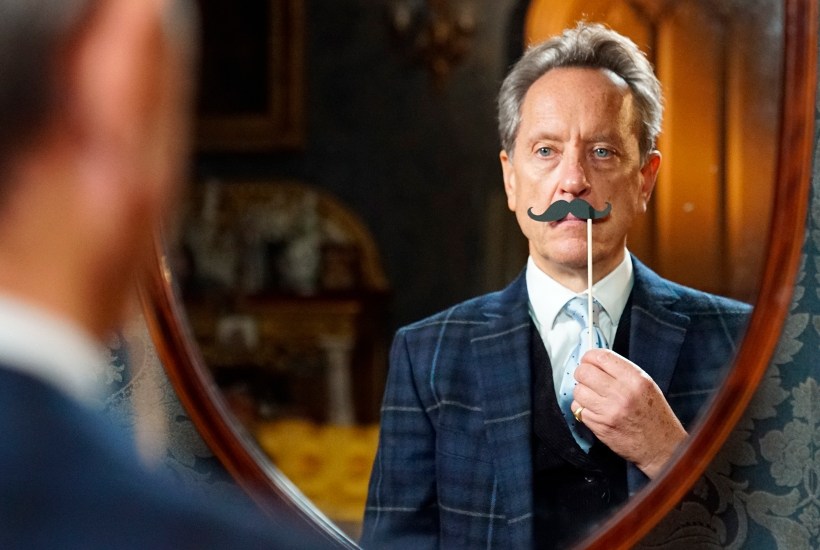


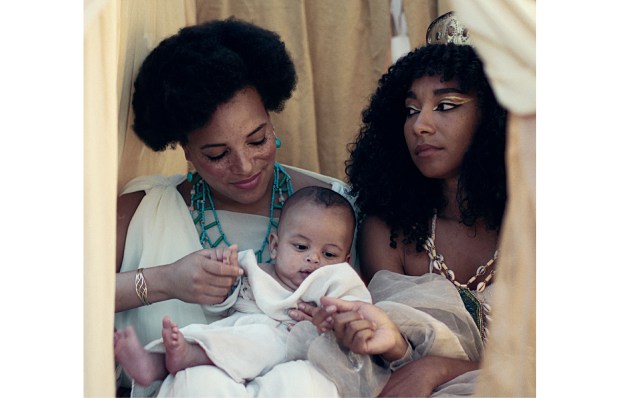
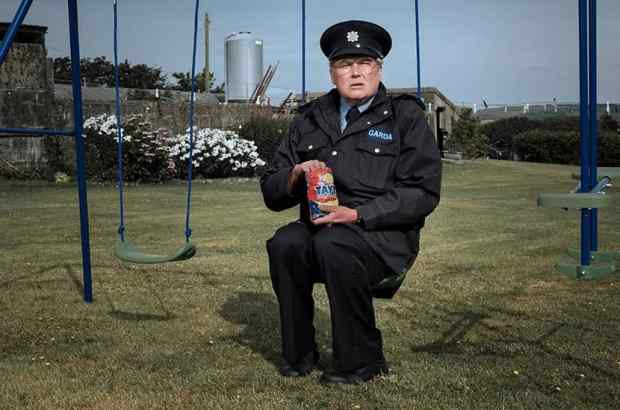
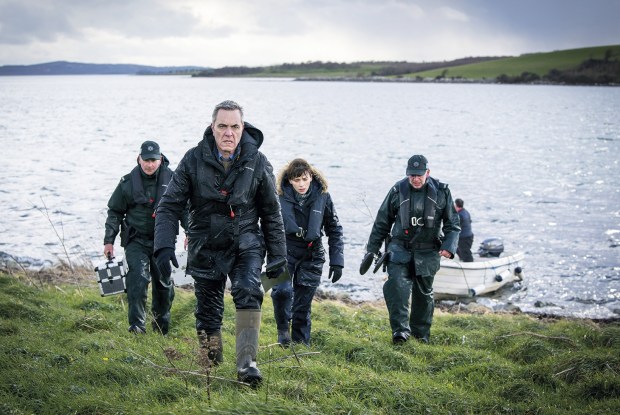
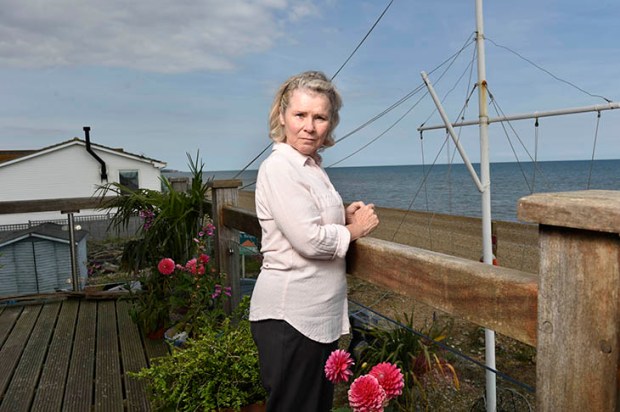






Comments
Don't miss out
Join the conversation with other Spectator Australia readers. Subscribe to leave a comment.
SUBSCRIBEAlready a subscriber? Log in